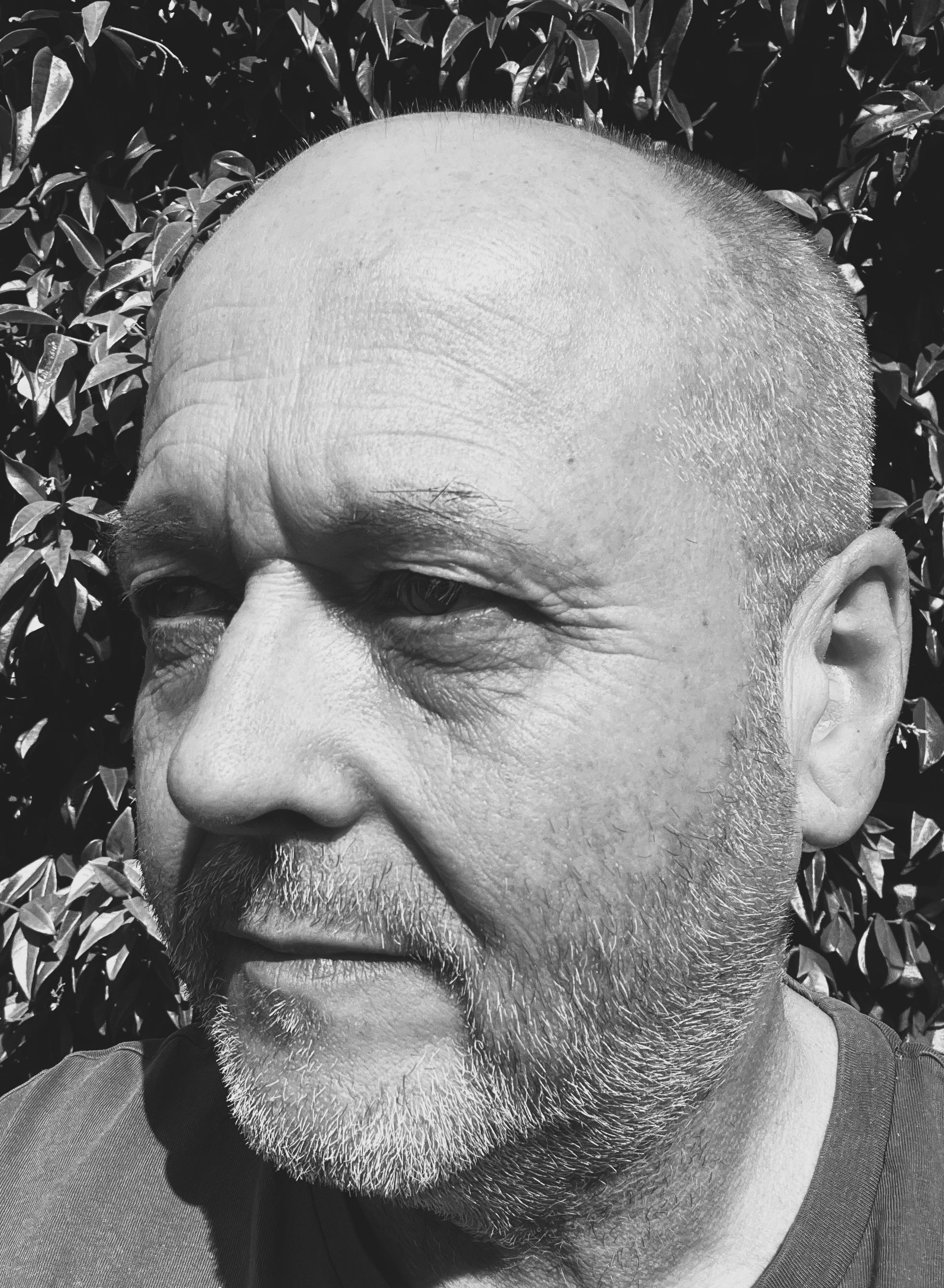
“UEA’s world leading expertise in public engagement is helping Natural England in our mission to form meaningful partnerships to help nature’s recovery”, Paul Hinds, Natural England
The government’s agency for the natural environment in England – Natural England – has formed a strategic partnership with the University of East Anglia (UEA) to improve the way that the agency engages with the public about protecting and restoring our natural world. We spoke to Paul Hinds, Principal Adviser, Connecting People with Nature, Natural England, to find out more about the partnership, and Natural England’s involvement in UEA’s postgraduate research.
Why did Natural England form a strategic partnership with UEA?
“My role at Natural England includes looking at how we can build partnerships with the public to support nature. However, it’s clear that the approach we’ve taken in the past that we need to do more. Nature in the UK is in decline and there are not real signs of recovery – other than where huge resources are invested. We want to change this by ensuring that the importance of preserving and restoring nature and biodiversity is valued more highly within society – so we can achieve real change.
“The UEA has world-leading expertise in environment and social sciences and is carrying out cutting-edge work in public engagement – notably in relation to climate change. So, it made perfect sense for us to form a strategic partnership with UEA to benefit from the University’s expertise and to try more meaningful approaches to public engagement.”
How are you involved in UEA’s postgraduate research?
“I’m actually doing a part-time PhD with UEA, looking at pioneering new approaches to public engagement. I started in February 2023 and am studying a couple of days a week, while working at Natural England the rest of the time. My PhD is obviously directly connected to what we’re trying to achieve through the strategic partnership, so it has clear practical applications.”
How is your PhD – and the partnership with UEA – changing Natural England’s approach to public engagement?
“UEA has helped us set up what is known as a ‘Laboratory for Public Engagement with Nature and Society’. Of course, this isn’t a traditional laboratory; rather, it’s a collaborative (and virtual) space where experts from UEA and Natural England work together to map out the ways that individuals and groups are already engaging with nature and biodiversity. This has highlighted that there are a huge number of individuals and groups with an interest in nature that we weren’t previously aware of – and who we’ve not engaged with in the past.
“So, this challenges our whole way of working, and is encouraging us to look at new ways of engaging with a much wider group of people than we have done in the past. There’s the potential to form meaningful new partnerships and ensure that more people’s voices are heard by government and other decision makers.”
What are the benefits to you of doing the PhD?
“It’s fascinating studying cutting-edge research into public engagement, both from a personal and a professional point of view. People often do PhDs at the start of their careers, during a placement with a company or organisation. Doing one in my role, as a member of Natural England’s leadership team means that I can help to introduce new ways of thinking into the organisation. I’ve found that my colleagues are very receptive to new ideas, which is great.”
Do you think that other organisations could benefit from accessing UEA’s expertise?
“Definitely, yes. In terms of public engagement, UEA is really the place to go. So, there’s potential to transform public engagement exercises in many areas to make it more meaningful and impactful. Indeed, our partnership UEA builds on the University’s strategic partnership with UK Energy Research Centre, which led to the Observatory for Public Engagement with Energy and Climate Change.”
)